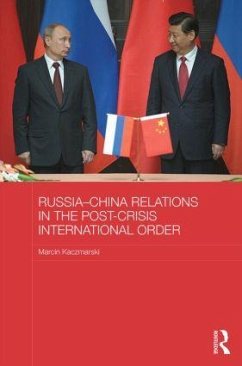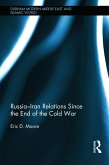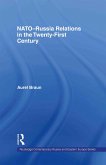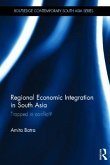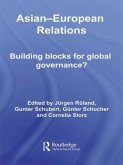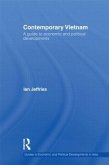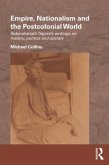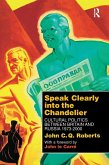The book explores developments in Russia-China relations in the aftermath of the global economic crisis, arguing that the crisis transformed their bilateral affairs, regional liaisons and, crucially, altered the roles both states play on the international arena. Discussing how Russo-Chinese cooperation has accelerated in energy trade, arms sales and in the Russian Far East, the focus is on how the still mutually advantageous relationship has become more asymmetric than ever, reflecting China's meteoric rise and Russia's decline. These dynamics are explored through three perspectives: domestic, regional and global. Domestically, the book traces the role of political coalitions and key interest groups involved in how the two states shape their reciprocal policies. Changes in the regional dimension are examined with particular reference to a new status quo emerging in Central Asia. The book concludes by explaining how the changing relationship is affecting the international order, including the balance of power vis-a-vis the United States as well as Russia and China's changing attitudes towards global governance.
This book traces the development of the China-Russia relationship following the global economic crisis, arguing that the crisis has transformed the relationship. It discusses how Russo-Chinese co-operation has accelerated post-crisis and how the relationship, though advantageous to both sides, is ever more asymmetric, reflecting China's meteoric rise and Russia's relative decline. The book concludes by examining how the changing relationship is affecting the overall international order, including the balance of power vis-à-vis the United States.
This book traces the development of the China-Russia relationship following the global economic crisis, arguing that the crisis has transformed the relationship. It discusses how Russo-Chinese co-operation has accelerated post-crisis and how the relationship, though advantageous to both sides, is ever more asymmetric, reflecting China's meteoric rise and Russia's relative decline. The book concludes by examining how the changing relationship is affecting the overall international order, including the balance of power vis-à-vis the United States.

